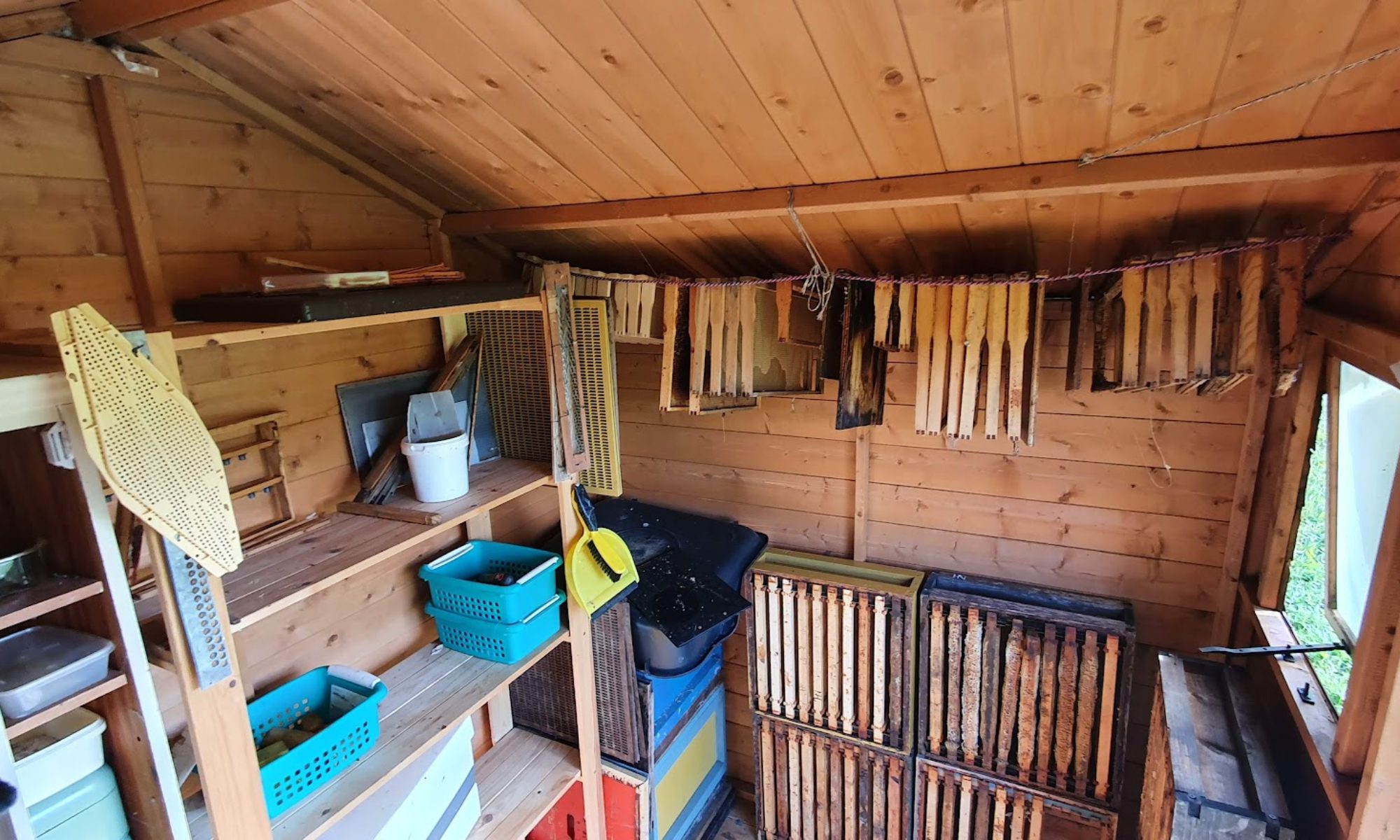http://www.gizmag.com/bee-obstacle-avoidance-drones/42675/
Dense forests crowded with branches and leaves provide quite the obstacle course for fast-moving insects. How they are able to identify gaps to move through seems to defy their small brains and low resolution eyesight. Researchers at Sweden’s Lund University have now uncovered the tricks the animals use to navigate these tight spaces without running into trouble.


